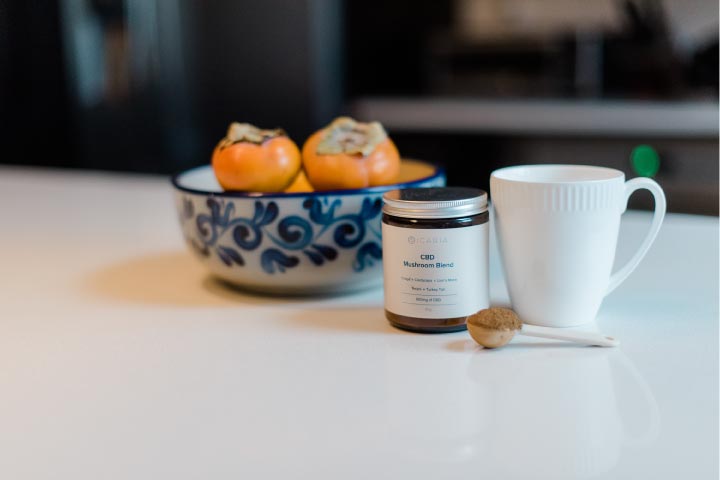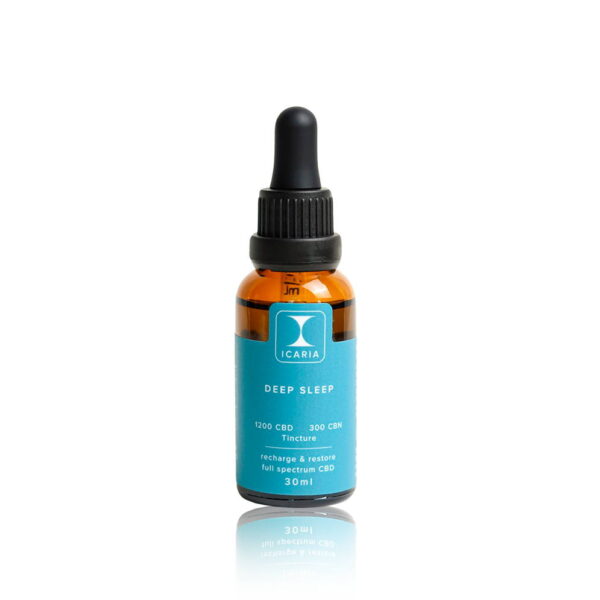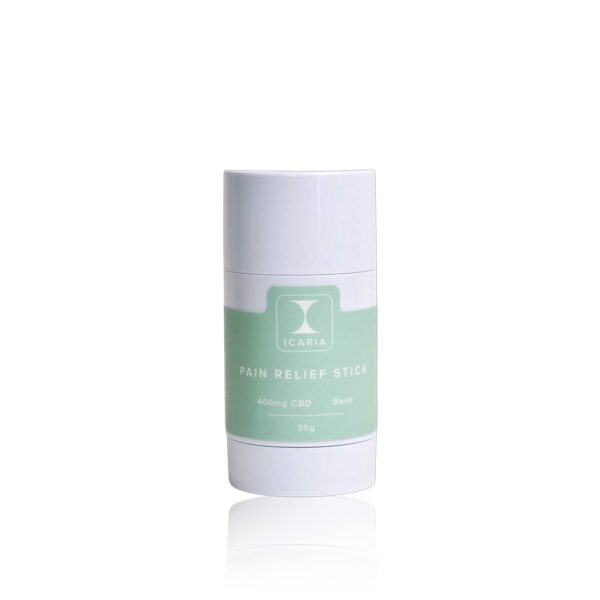CBD and The Immunity System: CBD Oil as an Immunity Booster
The immune system is our body’s way of protecting itself from infection and disease; it fights everything from cold and flu viruses to serious conditions such as cancer.
Our immune systems are unique to each person and influenced by many internal and external factors. Vaccines, for example, are an artificial way to adjust the function of immunity against specific diseases. Some natural ways you can strengthen your immune system are:
Eating well
Being physically active
Maintaining a healthy weight
Getting enough sleep
Avoid smoking and excessive alcohol use
But where does CBD fit into all this, you may ask? In this article, we are diving into how CBD works by itself and how it can be used to improve your immune response.
What Is the Endocannabinoid System?
The endocannabinoid system is known to play an important role in regulating immunity and scientists consider it to be one of the key pieces of the puzzle which is the immune system. The endocannabinoid system includes receptors known as cannabinoid receptors 1 and 2 (CB1 and CB2).
It is important to note that:
CB1 receptors are primarily located in the central nervous system and are involved in regulating pain, mood, appetite, and memory.
CB2 receptors are mainly found in immune cells and are involved in modulating inflammation and immune function.
The ECS helps to maintain homeostasis, or a stable internal environment, in the body. It is also thought to play a role in mediating the effects of CBD and other phytocannabinoids on the body, which is why the ECS is the target of many medical and therapeutic applications.
How CBD and the immune system interact
CBD is a phytocannabinoid that acts on the endocannabinoid system and may have the ability to maintain a balanced and healthy immune system.
In fact, research has shown that endocannabinoids control immune functions and play a role in immune homeostasis. Immune cells express both CB1 and CB2 receptors, secrete endocannabinoids and have functional cannabinoid transport and breakdown mechanisms.
CBD activates those receptors involved in supporting immunity. Hemp-based CBD oil may have both direct and indirect mechanisms for maintaining immunity.
Here are four ways in which pairing CBD and the immune system may improve immune health:
- Increasing white blood cells
Cannabidiol (CBD) has been found to interact with white blood cells, which are part of the immune system that helps to defend the body against infection and disease. CBD has been shown to have immunomodulatory effects, meaning that it can affect the functioning of the immune system by influencing the activity of immune cells, including white blood cells.
CBD has been found to interact with different types of white blood cells, including T cells, B cells, and natural killer cells, among others. It has been shown to affect the proliferation, activation, and differentiation of these cells, which can impact their ability to respond to infections or other challenges.
For example, studies have shown that CBD can inhibit the proliferation and activation of T cells, which are involved in the adaptive immune response. This can help to reduce the inflammation and tissue damage associated with autoimmune and inflammatory diseases, such as rheumatoid arthritis and multiple sclerosis.
CBD has also been shown to enhance the activity of natural killer cells, which are involved in the innate immune response and play a crucial role in identifying and destroying virus-infected and cancerous cells.
- Supporting a healthy inflammatory response
CBD has been found to support a healthy inflammatory response by modulating the activity of the immune system and reducing the production of pro-inflammatory molecules. Inflammation is a natural response of the immune system to injury, infection, or tissue damage. However, chronic inflammation can contribute to the development of many diseases, such as arthritis, diabetes, and cancer.
One way that CBD supports a healthy inflammatory response is by interacting with the endocannabinoid system (ECS), which is involved in regulating many physiological processes, including inflammation. CBD has been shown to activate cannabinoid receptors, such as CB2 receptors, which are found on immune cells and play a role in modulating inflammation.
CBD can also reduce the production of pro-inflammatory molecules, such as cytokines and chemokines, by inhibiting the activation of immune cells, such as T cells and macrophages. This can help to reduce inflammation and its associated symptoms, such as pain and swelling.
Furthermore, CBD has been found to have antioxidant and neuroprotective effects, which can help to protect against oxidative stress and inflammation in the brain and other tissues. This may have therapeutic implications for conditions such as Alzheimer’s disease, Parkinson’s disease, and multiple sclerosis, which are characterized by inflammation and oxidative stress.
- Maintaining a healthy gut microbiota
CBD helps maintain a healthy gut by modulating the activity of the endocannabinoid system (ECS) in the gut, reducing inflammation, and promoting the growth of beneficial bacteria.
The gut microbiota is a complex ecosystem of microorganisms that reside in the gastrointestinal tract and play a crucial role in maintaining gut health and overall well-being. Disruptions in the gut microbiota have been linked to various diseases, including inflammatory bowel disease, obesity, and diabetes.
CBD has been shown to interact with the ECS in the gut, which is involved in regulating many gut functions, including motility, secretion, and immune function. By activating cannabinoid receptors, such as CB2 receptors, CBD can modulate gut motility, reduce inflammation, and promote healing of the intestinal epithelium.
CBD has also been found to have antibacterial and antifungal properties, which can help to protect against harmful microorganisms in the gut. In addition, CBD has been shown to promote the growth of beneficial bacteria, such as lactobacilli and bifidobacteria, which are important for gut health.
- A calming effect during everyday mild stress and frustration
Living under constant stress is linked to a decline in immunity. CBD for stress has been proven to be an effective solution.
CBD’s stress-relieving properties are also related to its ability to modulate cerebral blood flow in the brain regions involved in anxiety including the amygdala, hippocampus, hypothalamus and cingulate cortex.
In human trials, CBD was found to reduce mild stress in people giving a speech. For example, researchers observed the effects of different doses of CBD and placebo in 57 healthy male participants performing a simulated public speaking test. In this study, subjects were given oral CBD at doses of 150 mg, 300 mg, or 600 mg or a placebo prior to the public speaking test. Compared with the placebo, 300 mg of CBD led to the subjects being calmer and more relaxed during the speech.
Final Word
If this winter one of your main concerns is strengthening your health using CBD for the immune system, this might be the sign you were hoping for. A series of studies have shown that CBD can help with various issues that are the probable cause of a weakened immune system. Other than improving our daily routines to make them healthier, taking a supplement such as CBD oil can have a positive impact in the strength of our immune system.







